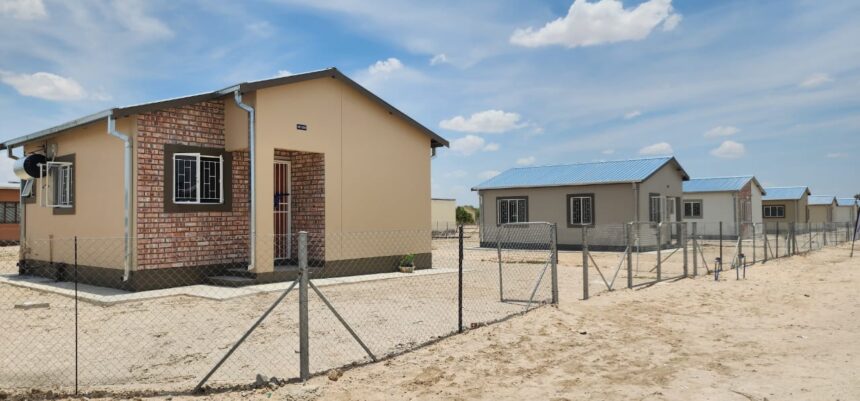Rudolf Gaiseb
The annual government budget provision for land servicing and housing will increase from N$750 million last year to N$6.5 billion over the next five years.
This is according to Big-Don Kondunda, the director of habitat and housing development.
He was speaking at the launch of the 2023 Revised National Housing Policy and Implementation Action Policy yesterday in the capital.
“The purpose of the national housing policy is to outline the overarching human-rights-based enabling framework for a focused, affordable and pragmatic approach to adequate housing. The multi-dimensional nature of the housing and urban development challenge requires the comprehensive possible realignment of relevant policies to achieve a broader impact and more environmentally, economically, socially and spatially sustainable and inclusive human settlements in urban and rural areas,” he said.
He noted that the key challenge for the urban and rural development ministry is rapid and informal urbanisation
“Sixty-seven per cent of the urban population lives in informal settlements. Informal livelihoods and economic activities are prevalent by 2050. There will be more people living in urban areas than the total population in 2018. There is a need for structured finance to address land and housing shortages for various income groups,” Kondunda hinted.
Urban and rural development minister Erastus Uutoni at the same event said: “In terms of urban services and infrastructure, and poor conditions, they can only be addressed meaningfully and sustainably through collaborative effort and investment by the State and non-state role players and partners.
“Indeed, the challenge of provision of, and access to serviced land and housing is not becoming easier, considering the 2023 Namibia Population and Housing Census. The Census indicates that between 2011 and 2023, the urban population increased by 65.5%, while the rural population increased by 66.3%. The challenge that we have addressed here is both the needs associated with the increase on top of the already-existing backlog.”
He added: “While the challenge and task before us may seem daunting, through a collaborative and participatory approach, we will achieve efficiency and effectiveness as well as greater and coordinated impact”.



